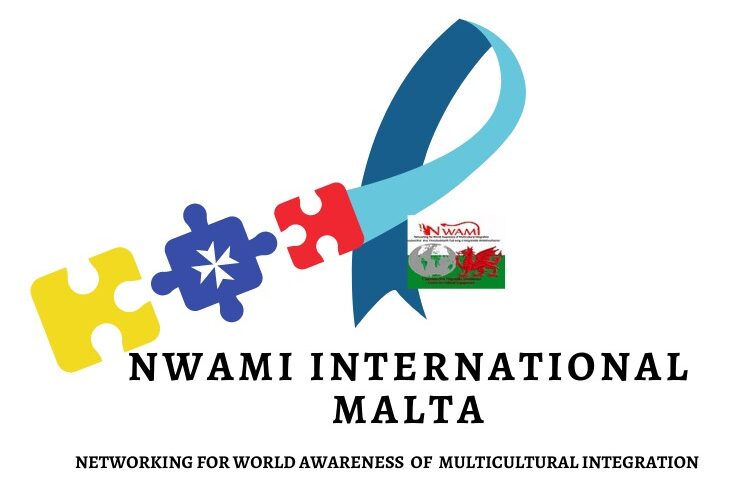
In a world that values evidence-based information it is quite the wonder that stereotypes are still in existence. Stereotypes are broad generalisations about a group of people, most generalisations of which have surely not been put through the rigour of statistical significance testing, yet they are widely used and assumed.
Most generalisations …have surely not been put through the rigour of statistical significance testing, yet they are widely used and assumed.

The term “single stories” is attributed to world-renowned author Chimamanda Ngozi Adichie. She uses it to describe the overly simplistic – and often hasty (my take not hers) – perceptions that we form of others based on an experience that we may have had with them, or something we heard about them from any given source. We tend to attribute these perceptions to all of ‘their kind’, and the most fascinating part of that attribution is that we all categorise people differently. To one person, I may be of the ‘female’ kind, to another I may be of the ‘Maltese’ kind, and yet to others I may be of the ‘parent’ kind, the ‘psychologist’ kind, the ‘humanist’ kind, the ‘celebrant’ kind… well you catch my drift. Now if you witness me losing my temper, whichever ‘kind’ you attribute that to will depend on how you categorise me in your head, and when you subsequently witness one of my same ‘kind’ losing their temper, you are more likely to label our ‘kind’ short-tempered!
What you may have concluded about me, may or may not be true…but the error in the way of that is that you are seeing me as nothing else, except my ‘kind’
Now here’s the thing about single stories, what you may have concluded about me, may or may not be true. If I lose my temper, I may be short tempered, but the error in the way of that is that you are seeing me as nothing else, except my ‘kind’. Confirmation bias will ensure that every time you see my ‘kind’ display a short temper, you will notice it, and continue to solidify your stereotype of my ‘kind’ having a short temper. Now the day you saw me lose my temper, you knew nothing of what had caused me to react that way, nor were you privy to the sequence of events that led to it both in those moments, as well as in the years previous, because we know that our personalities are influenced by our experiences from the day we are born, and luckily never stop evolving. Now this is where it gets complicated, because the collective also has a common history that may have led to the development of common character traits, but that would still not mean that all the people with that common history have developed the same traits. The way we react to events that happen to us is determined by many factors, a major one of which is our perception of them, and a woman for example may have a different experience of the Taliban as her son would, despite them living in close proximity to one another and sharing many common characteristics.
Adichie rightly says that the problem with single stories is that they emphasise our differences rather than our shared humanity, which ironically, may comprise far many more of our own renditions of the stereotypes we so readily attribute to others!
